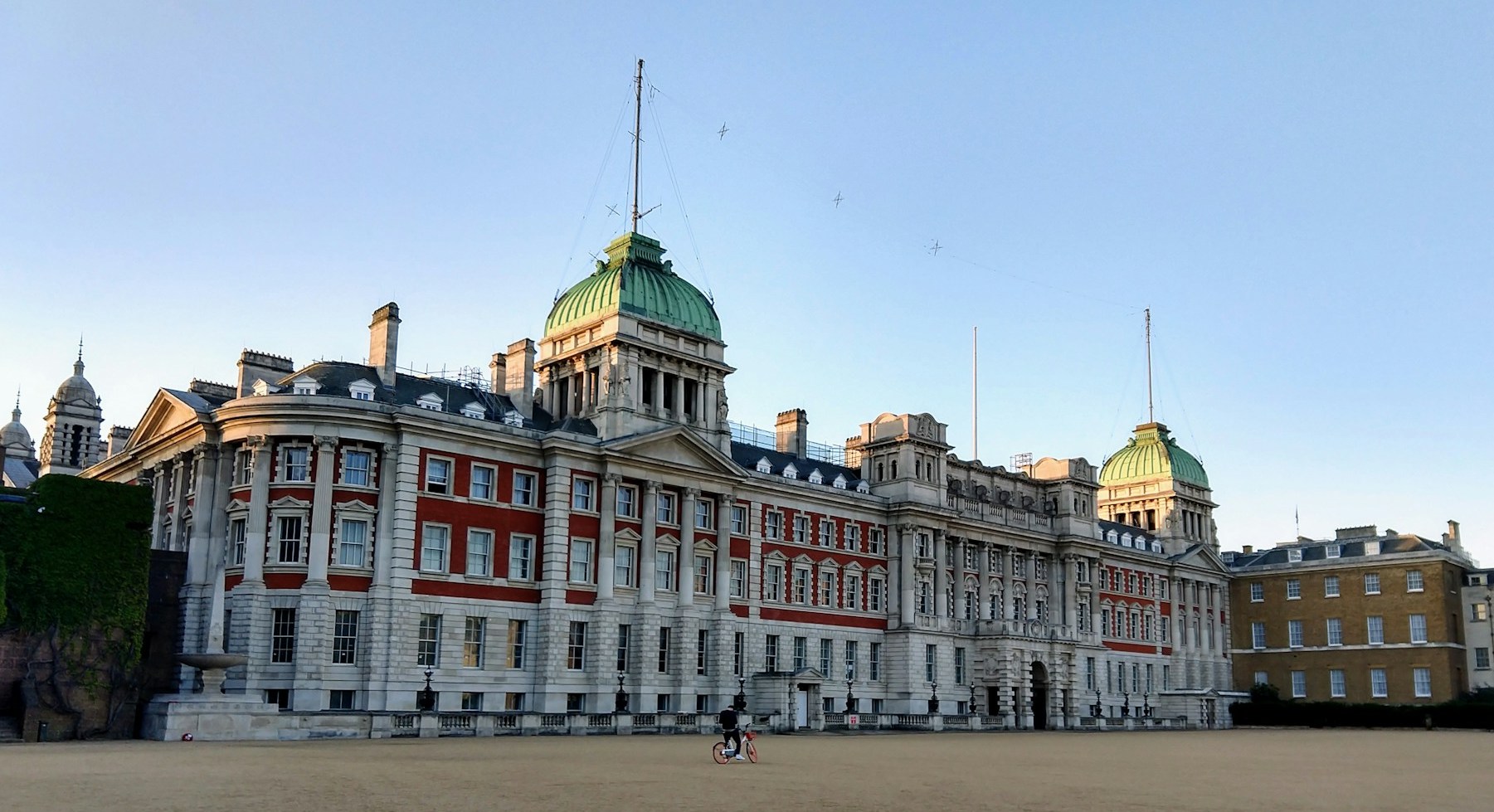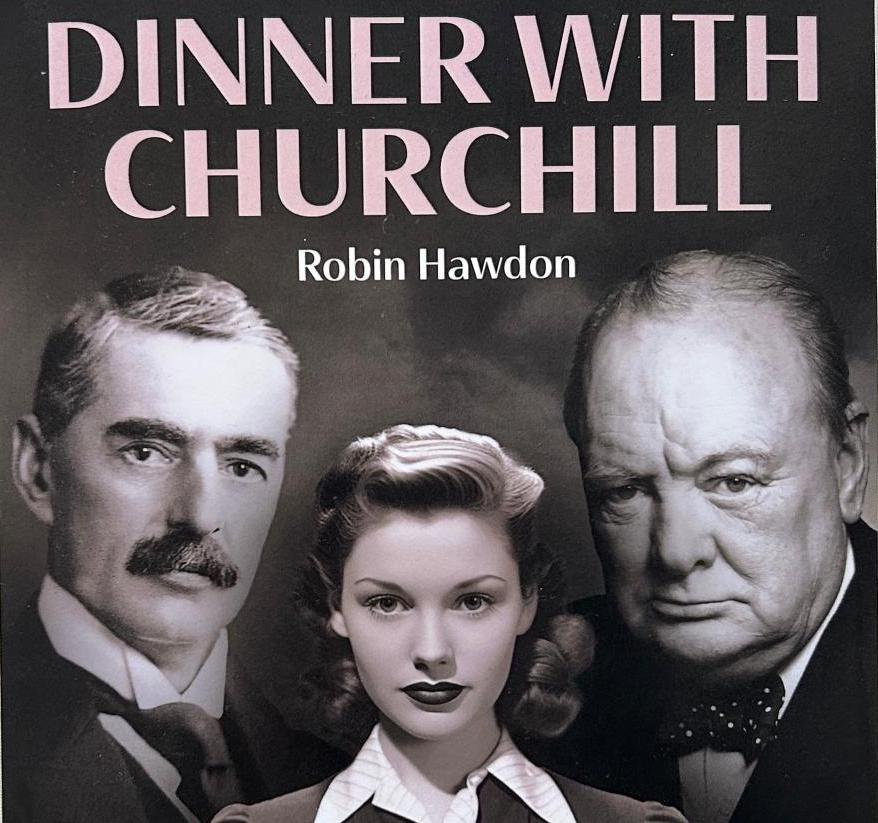Post
Admiralty House features in book Dinner with Churchill
9 Jun 2024
This year marks the 150th anniversary of the birth of Sir Winston Churchill, with a year-long national campaign planned across the UK. Coinciding with this is the book Dinner with Churchill by Robin Hawdon, set in Admiralty House .
The Grade I listed building’s architect was Samuel Pepys Cockerell, and first opened in 1788. It was the official residence of the First Lords of the Admiralty. It is currently used for government functions and as ministerial flats.
Check out our rundown of upcoming events
The novel shines a spotlight on an extraordinary event at the beginning of World War II - a little-known meeting between Winston Churchill and Prime Minister Neville Chamberlain, which may have changed the course of British politics.
On October 13th 1939, it appears that Churchill and his wife Clementine entertained Chamberlain and his wife Anne with a private dinner at Admiralty House.
Winston Churchill lived in the house while serving as First Lord of the Admiralty for two terms, 1911–15 and 1939–40.
Robin Hawdon spoke to the London Society about the importance of Admiralty House and his love of London architecture.
What do we know of Admiralty House?
It is the name given to the grand apartment wing of the Admiralty which is maintained as living quarters for the First Lord of the Admiralty. It is a spacious and rather splendidly appointed home, which, as Chamberlain ruefully exclaims in the book, is far grander than his own apartment in 10 Downing Street.
What makes London so special?
Where to begin? It is surely the most vibrant, cosmopolitan, culturally diverse city in the world. Its extraordinary history cries to you from every building and city square.
Do you have a favourite place in London?
I lived in the South West of London for twenty five years, always close to one of its green spaces - Putney Heath, Wimbledon Common, Richmond Park. The wonderful thing about London is the existence of its splendid period architecture alongside its many parks and semi-rural areas. Perhaps Wimbledon Common is my favourite, as it is home to such an extraordinary assortment of wild life, and could be somewhere in the New Forest, or even East Anglia.
What research did you do for the book?
I had already done a great deal of research for a stage play based on the mysterious dinner party, which was due for London production when Covid struck. It was too good a story to lose so I expanded it into a novel. There are hundreds of books about Churchill's life and habits, and I must have read a good number of them! Not so many about Prime Minister Neville Chamberlain, but of course the Chamberlain dynasty was hugely influential all through the Industrial Revolution and into the modern era of politics.
What do we know of the meeting between Winston Churchill and Neville Chamberlain, at Admiralty House?
Very little, which is what made the event so intriguing. All that is really known is the menu of oysters and Irish Stew (from the Admiralty archives), and a single entry in Churchill's diary which read, "Had the Chamberlains to dinner. The evening went well."
Do we know what they had for dinner?
Plenty of Bollinger champagne and good wine!
What research did you do about Churchill?
His was an extraordinary mind. He was possessed of an encyclopaedic memory plus a boundless mental energy which enabled him to produce a constant torrent of ideas on every topic and situation - not always good ones!
What research did you do on Chamberlain?
As Churchill says in the novel - "Without this war history could well have declared him one of our finest Prime Ministers. The war is his tragedy."
What can we learn about the struggles of the 1930s?
The lessons of the appeasement argument are as relevant today as it was in Churchill's day. The free world has to be as ruthless against despots as they are themselves, or it will not survive totalitarianism. There will always be people who will do anything to avoid confrontation, but one only has to look at the fate of populations inside Russia, China, North Korea, Iran, etc to see what awaits if the tyrants take charge.

